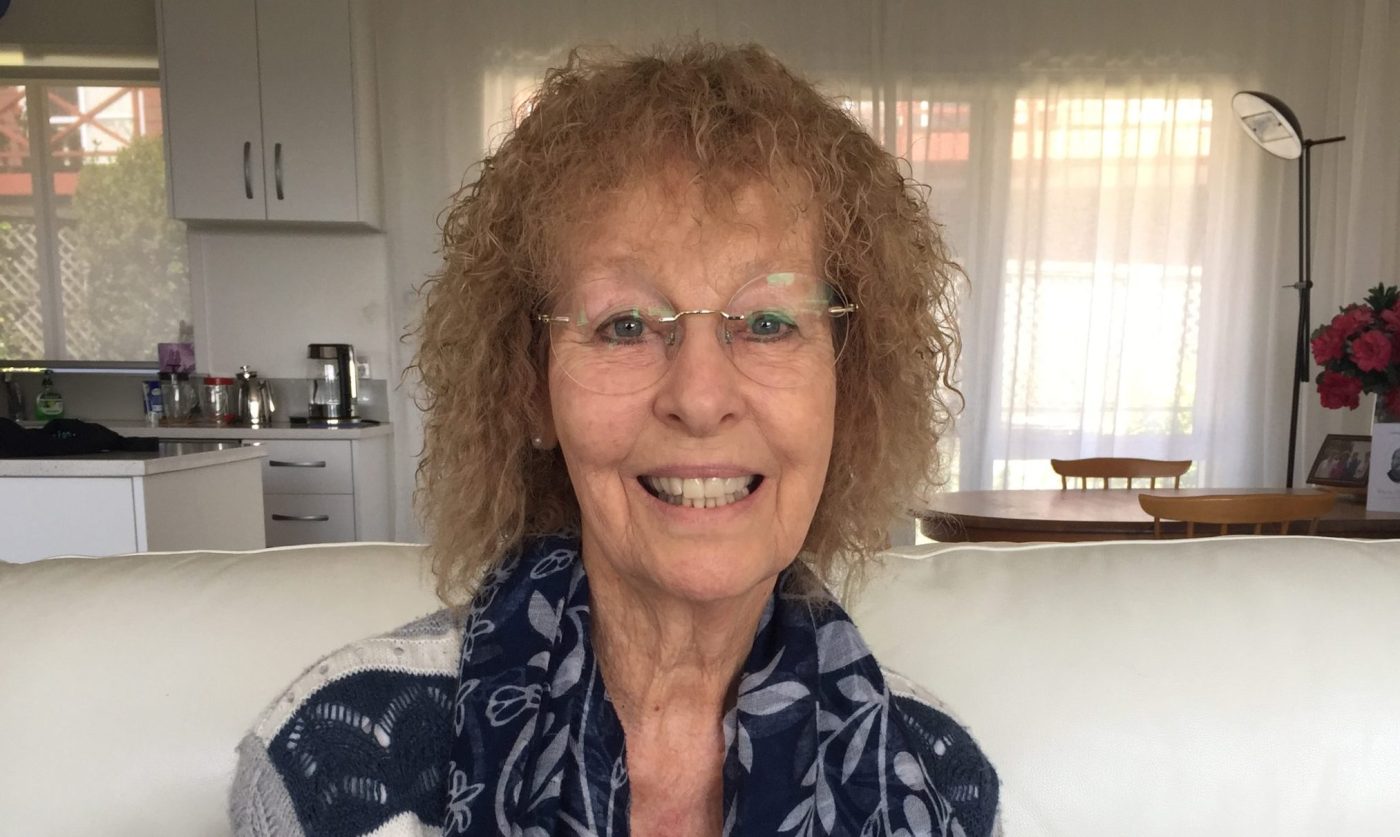
Political lobby group the Free Speech Union is calling for a law change that it says would protect professionals’ speech rights within New Zealand’s real estate industry.
The union wants the Government to adopt its Real Estate Agents (Political Neutrality) Amendment Bill 2024, its chief executive Jonathan Ayling says.
“The Free Speech Union has contacted almost every real estate agent in the country, urging them to sign a public letter calling on the Minister for Courts, Hon Nicole McKee, to implement The Real Estate Agents (Political Neutrality) Amendment Bill 2024.
“Increasingly, professional regulators demand professionals complete training that has little to do with the function of their professions, and more to do with the particular views that are held and espoused by the individual idealogues in charge.
“This is inconsistent with the purpose of good professional regulation, which is to ensure the confidence and safety of practitioners and consumers, not to act as moralising imposers.”
Ayling says the union has drafted its Bill in response to the “ideological overreach the Real Estate Authority has demonstrated amongst its members”.
“An example of this is the story of Janet Dickson, a case currently before the High Court.
“Dickson lost her registration as a real estate agent for refusing to take training on spiritual views different from her own.
“Regardless of the outcome in this case, Dickson’s story represents a much broader issue, and it’s time something is done about it.
“The Free Speech Union calls on the Government to pass legislation across key sectors where professionals are silenced and face retribution if they don’t toe the line.”
As the Times reported last year, local east Auckland real estate agent Janet Dickson is awaiting a court judgement that will determine if she’s allowed to keep working in the industry for the foreseeable future.
She’s sought a judicial review against the Real Estate Authority (REA) and its requirement for all licensed real estate agents to complete the mandatory ‘Te Kākano’ (the seed) course on Māori culture, language, custom, and the Treaty of Waitangi.
The course was developed in partnership with training provider Te Whare Wānanga o Awanuiārangi.
Module one focuses on Māori language and customs, module two is on The Treaty of Waitangi and module three is on Māori land.
Dickson’s judicial review was heard in the Wellington High Court on June 18 last year.
She’s refused to complete the course for reasons including that she believes it’s not relevant to her work.
As a result she’s facing a five-year ban from the industry if her licence is revoked.
“It’s nothing to do with a Māori language course,” Dickson said.
“I downloaded the coursebook so I could see what it was about and it’s saying they [Māori] didn’t give sovereignty when they signed the Treaty, there’s no such thing as equality – it’s called equity, and there’s Māori preference in everything.
“This thing says we have to know who the Māori gods are and name them, learn how to pray to them, write prayers to them and learn how to worship them.
“And I’m sorry, that is the wrong button to push. I’m a 100 per cent committed Christian and there’s no way I’m going to give any room in my life to any foreign gods.
“It is utterly irrelevant to the work we are doing but the main thrust [of her opposition to it] was the rest.”
The REA previously said its role, as set out in the Real Estate Agent’s Act 2008, is to license real estate agents, branch managers and salespeople, oversee their Continuing Professional Development (CPD) programme and Code of Professional Conduct, and to maintain a complaints and discipline regime.
“Licensees must complete 10 hours of verifiable CPD each calendar year.
“If a licensee does not complete their annual CPD training requirement by December 31, the Act requires the REA Registrar to cancel their licence, unless they have an exemption or deferral.
“All mandatory topics become elective topics in the following year as we do not expect licensees to do the same topic two years in a row.
“Te Kākano is therefore an elective topic in 2024 and remains available for new licensees to complete.”











